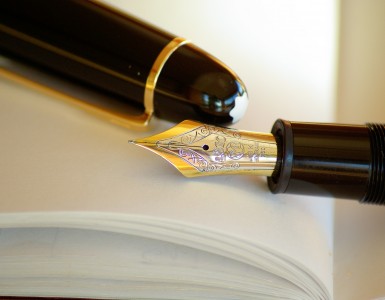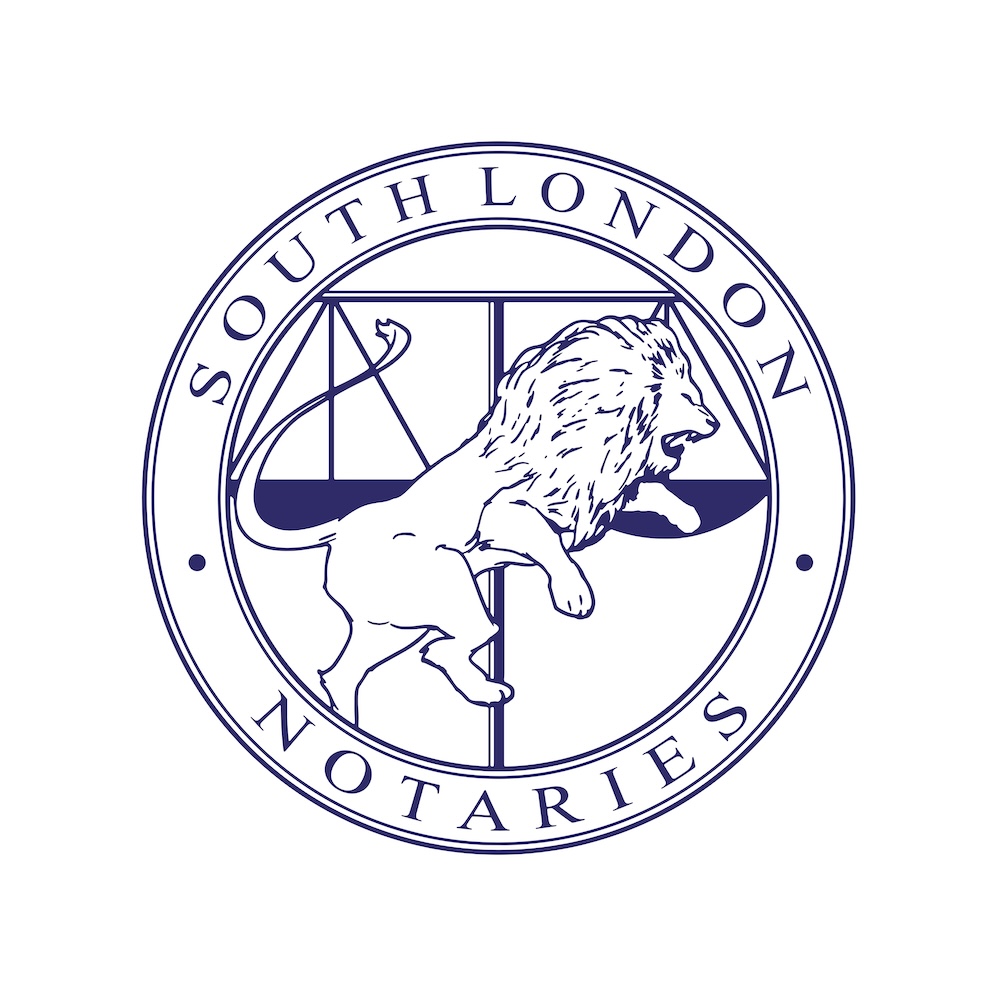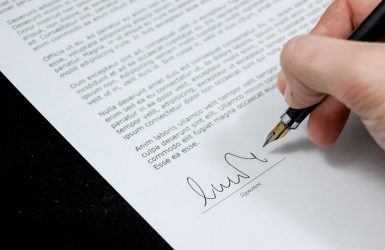
A common question among the public, and potential clients, is ‘when would I need a notary?’ The role is not always well understood among members of the public; it is often confused with the role of a solicitor, but they are two very distinct positions. In many circumstances involving points of international law, a notary, or notary public as they are also known, will be required to authenticate supporting documentation. Essentially they act as a kind of gateway between English law and foreign or international law, ensuring that the legal requirements of both sides are met through guaranteeing legally compliant documentation.
Types of Notarisation
There are two different types of notarisation, depending on the type of documentation required. Documents of an agreement (for example, a power of attorney, a contract dealing with a sale of property abroad, affidavits, and statutory declarations) will need to be signed in front of a notary public. Documents which do not require a signature will need the notary to certify that they are genuine and valid. Examples of this type of document might include degree or educational certificates, birth, death and marriage certificates, authentic copies of a passport and company registration documentation.
There are significant differences in law around the world, and the involvement of a notary effectively ensures legality in equivalent legislation. If you are involved in dealing with something which requires documentation, either originating from or destined to go to a country abroad, you may well find that you need the services of a notary. Documents used in points of international law will generally be required to be notarised, which essentially means a notary has declared the documents to be legal and legitimate, and fit for their purpose. The use of a notary, and the ensuing notarised document, ensures that your document can be recognised in lieu of the equivalent document in another country, which as well as being a legal requirement, will give you peace of mind.
The act of documents being notarised ensures that they can be used in international law and transactions, as well as in domestic cases, as they provide validity and can help to protect against fraud, theft and identity issues. Essentially by notarising a document, you are receiving a guarantee from the state that your documentation is genuine and should be upheld in any point of law.
If you think that you might need the services of a notary, contact South London Notaries. We will listen to your particular circumstances, and we can provide advice as to what services you may require. Should you decide to proceed, our experienced staff are ready to offer assistance.




